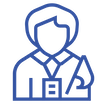Computer Literacy / Information and Communications Technology
“Let Technology Shape Your Future.”
Optimizing ‘Design Thinking’ paradigm to nurture talents
Design thinking is a student-oriented innovative thinking and learning method. The purpose is to stimulate students to actively learn and develop curiosity, and encourage them to take the lead to understand and solve complex problems. Computer Literacy in junior forms adopts a product-based approach. The teachers guide the students to build empathy so as to think about the needs of the users. Then, through the steps of “clarification”, “conception”, “prototyping” and “verification”, the students are put into the world of engineering design.
Staying at the forefront of technological development
The teacher keeps abreast of the ever-changing technology world and arranges various advanced technology experience courses for students. In school-based computer courses, students can learn to use artificial intelligence (AI) for face and text recognition, make Virtual Reality (VR) videos, and write mobile programs to control smart home components. Gifted students can also use relevant knowledge in combination with the design thinking paradigm to innovate, solve problems, create inventions that can be applied to life.
The learning of programming for establishing engineering foundation
We incorporate product-based learning elements in our teaching materials so as to encourage students to be bold and innovative when using computer coding to solve everyday problems. Computer Literacy has established school-based learning materials of different levels in junior secondary schools. S1 students learn programming through a visual programming language. S2 students consolidate programming concepts such as branches, loops, variables, and data types through programmable objects. S3 students experience some more realistic coding experiences by learning text programming languages.
Laying the emphasis on the applicability of computer technology to enhance problem solving and innovation
Computer and Information Technology is instrumental in effectively supporting students to collaborate, solve problems and build knowledge in other areas of learning. In STEM’s cross-curricular projects, students need to use different applications to conduct multifaceted and in-depth data collection, collation, and transformation in order to find innovative ways to solve problems that are closely related to life. In addition, students also need to use cloud tools for real-time collaboration and communication on the Internet, which is a way we prepare students for a global working environment in the future.
Cultivating Information Literacy and promote civic education
Teachers emphasize the establishment of information literacy to cultivate students’ positive values and attitudes in using ICT tools. Topics such as computer crime, data privacy, security, and social impact are included in the junior and senior secondary curriculum.
Competition-Based Training
By participating in different ICT competitions outside the school, students are trained in higher-order logical thinking, and the subject knowledge is actually applied to scientific research related to life. Under the guidance of a mentor, students use the tools and instruments of the Maker Space STEM Workstation to design different types of products to meet daily needs.
The following lists the ICT competitions that our students have participated in recent years:
Visits
Learning Without Boundaries: Global STEM Experience
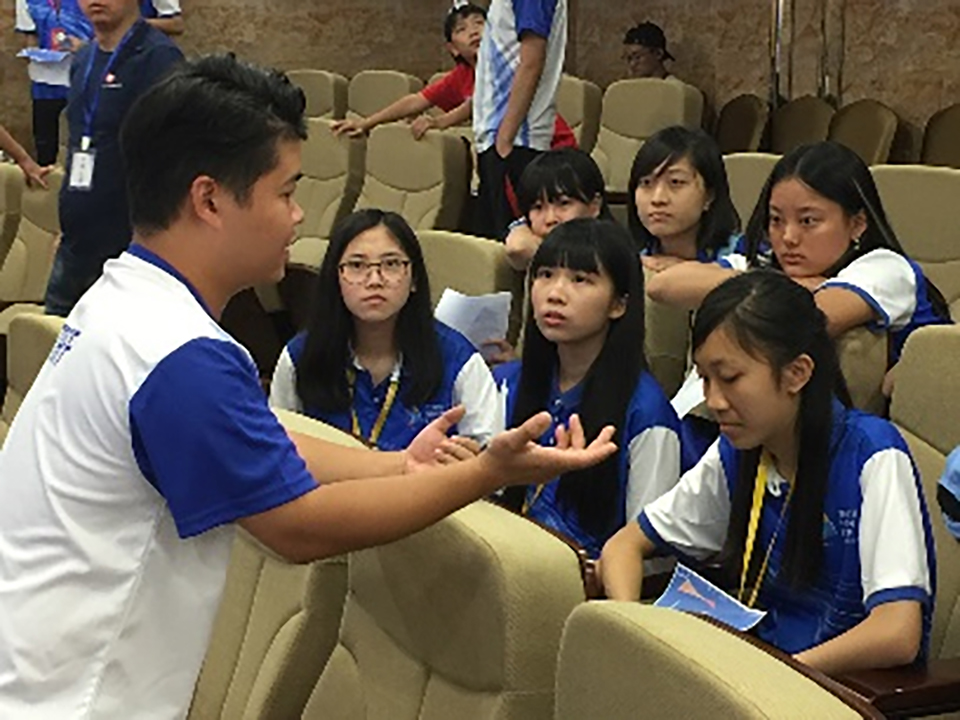
Tencent Guangdong - Hong Kong - Macao Greater Bay Area Youth Camp (Shenzhen)
Students from Hong Kong, Macau, and Guangdong participated in a wealth of exciting scientific research experiences, so as to arouse their concern toward the future development of technology and the Internet. Students can learn about the development of artificial intelligence (AI), try to operate drones and experience a simulation of chariots.
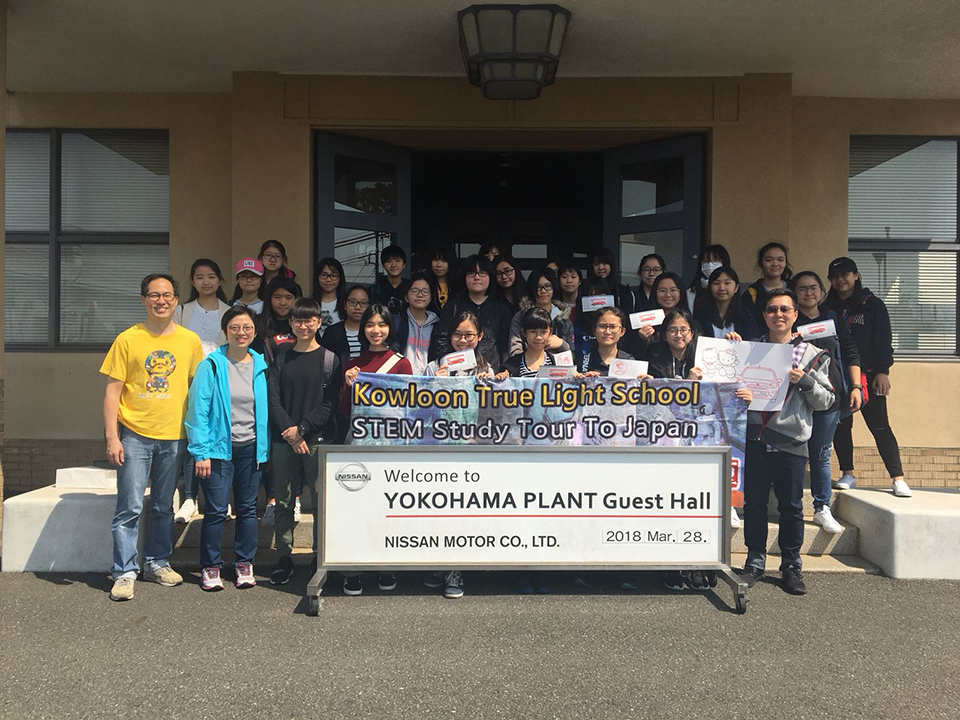
STEM Discovery Tour to Korea
Students visited the local automotive industry and technology company development to learn about the latest technology information (such as earthquake detection) and the culture of local science and technology innovation. Not only has the tour broadened students’ horizons, it has also ignited their passion for learning science.

Silicon Valley STEM Exchange Team
It is a 12-day exchange tour to the USA where students visit local technology companies (Google headquarters, etc.) to learn about the latest IT developments in the world.
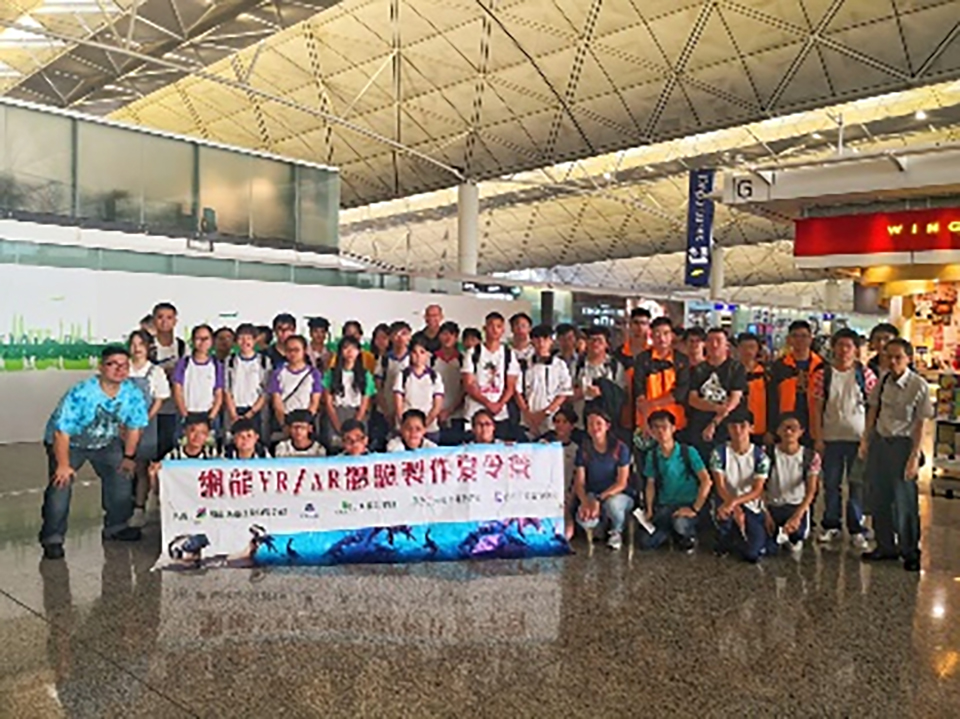
NetDragon VR / AR Experience Production Summer Camp
Our students participated in the technology VR / AR experience production summer camp organized by NetDragon. They experienced the application of the latest technology during the summer camp.
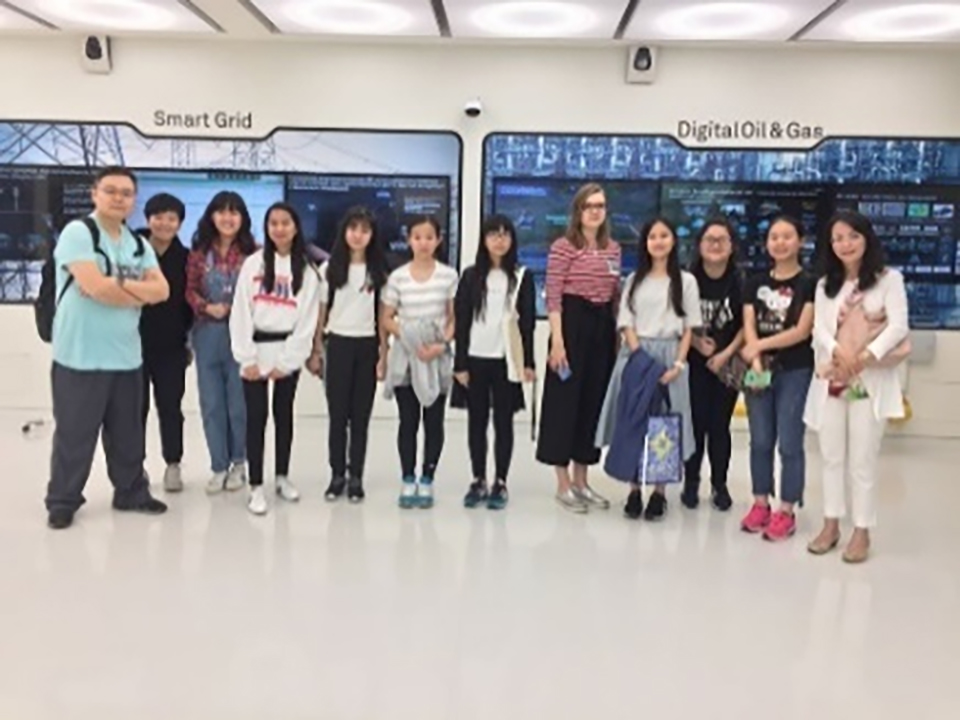
The Belt and Road Initiative Exchange Tour to Russia
Huawei is an important information technology company in Russia. Students visited Huawei's local technology exhibition hall to learn about the application of 5G technology and information technology in future.
Education Camps
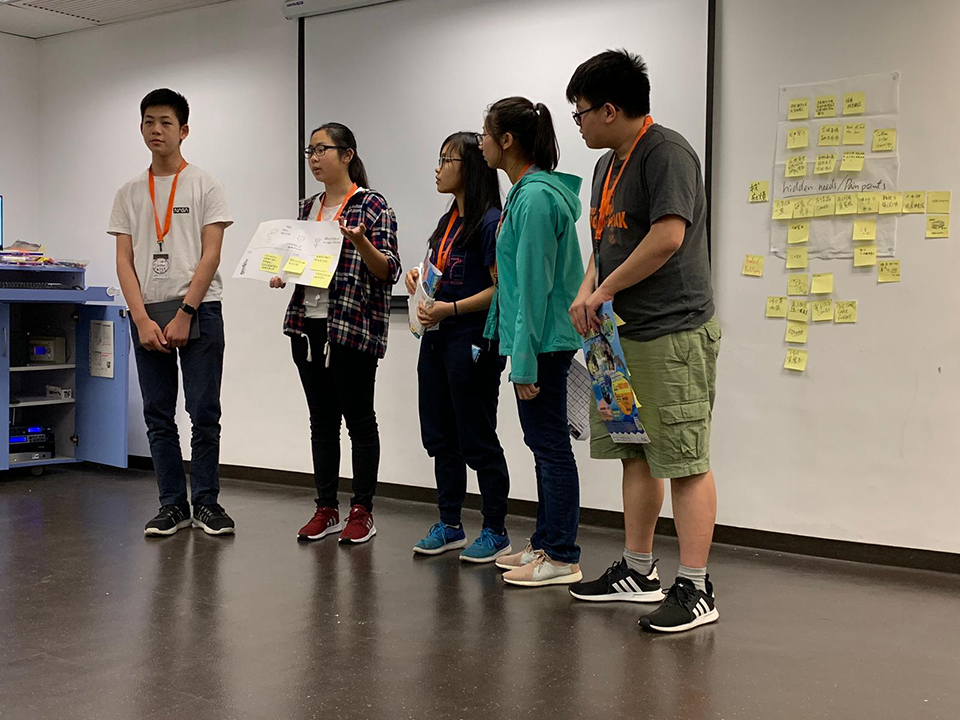
In 2019, two S4 ICT students participated in the “Sustainable Development X Design Thinking Experience Camp” in Ocean Park. During the event, they learned design thinking skills and knowledge related to social innovation, corporate social value and responsibility. At the end of the education camp, they made a report to the senior executives of Ocean Park and gave feasible suggestions for improvement.
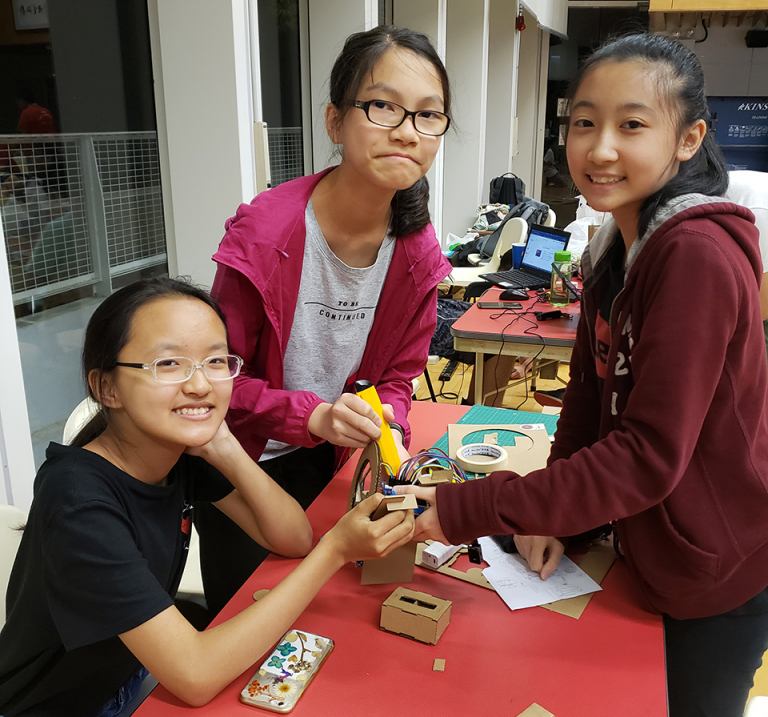
InnoSTEMer Education Camp 2019
Four S3 and four S4 students participated in the InnoSTEMer education camp, which was organized by the Information Technology Education Leaders Association (AiTLE) and supported by the Education Bureau. In the three-day education camp, they took part in STEM activities that required coordination of hands and brain to enhance their creativity, collaboration, and problem-solving skills.
Robot Programming Team
KTL STEM Hub
STEM Fun Day to Promote Science Education
Computer department collaborates with Sense Time to provide artificial intelligence (AI) courses
-
We use the teaching platforms, courses and teaching materials written by Sense Time.
-
Our school has become a partner school of the project. After the training of ICT teachers, students of S2 and S3 will be selected to join the pilot programme at the City University of Hong Kong for further training.
Disseminating STEM and e-learning teaching achievements
-
On the Joint True Light Professional Day, CL/ICT teachers held the dissemination session of STEM and e-learning to share teaching achievements.
Promoting professional exchanges between teachers and building a culture of teaching and research
-
CL/ICT teachers hold professional development conferences on the annual theme. The discussion includes strategies to improve students’ common mistakes, and analysis of assessment data to promote learning.
-
In addition, each panel also conducts “mini-lesson studies”. Through the activities of problem identification, teaching plan design, open class and post-observation conferences, teachers actively communicate to continuously improve the effectiveness of learning and teaching

